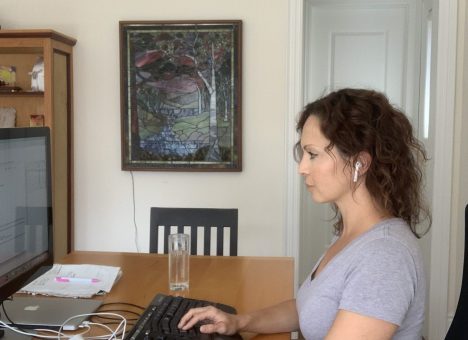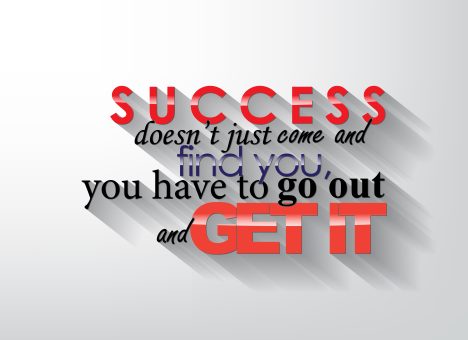A fellow writer and long-time friend of mine reached out yesterday to ask me about how I charge in my business. She went on to tell me that she has a tendency to “undersell” herself as a writer, still offering for the most part, entry-level pricing to clients who engage her. We DM’d back and forth for a while and she really got me thinking about business, pricing, and perceived and actual value.
Know your worth
When you’re first starting out, it’s a good idea to tread the waters. Feel it out. See what types of clients are coming your way and quote according to your experience, skill level and the market. In the beginning, my prices were far lower than they are now. (Naturally. Hey, if car insurance goes up every year even though nothing on your record has changed, why should service providers, who are perfecting their offering every day that goes by, be any different?) I was also far more willing to negotiate to get the client. Why? Because I wanted the experience and the business. And that’s how it should be! There’s nothing wrong with that.
After a few years, and you’re deep in it, you’ll see that your pricing will rise. You’ll have more experience, more skill and likely more business. As you get busier and busier, this awards you the absolute right to quote higher. The logic behind this is that if you’re so busy, you can’t afford to be working on small, low-budget projects. You need to focus your time where the money is, which is often where the more enjoyable projects are, too.
The ups and downs in business
Get used to the waves. They go up and down and all around in business. Maybe you’ll find a seasonal connection, maybe you won’t. Over the last 12 years, I’ve had some years where summer is dead and others where it’s extremely busy (and profitable!). Winter holidays have been slow some years and crazy insane in other years. You never know.
I’m still not great at handling the ups and downs. Getting better, no doubt, but there’s always that small part of my brain that says, “Woah, where’s all the business? I’m worried.” So far, I can tell you, that this feeling has never lasted long and before I know it, in comes a huge rush of new projects! (I feel very grateful for this, by the way.)
The irony of what happens when you under-quote
Here’s what I’ve found.
When I quote low, the quality of the client is low, as is the project. It ends up being one of those dreaded writing experiences where nothing clicks, the client is difficult, synergies are all off, and worst of all, you spend waaaaay more time than anticipated.
My advice?
Be careful. It’s okay to give people a deal every now and then, but not to the point where you are downright miserable and regretful throughout the project.
Be transparent about why you’re worth it
Whatever your rates, be able to back them up. If you’re the cheapest, the most expensive or somewhere in the middle, explain how and why.
- What is your process?
- What is it about your process that contributes to quality work?
- How are you different from the competition?
- How do you work?
Further to that, the entire way you project and market your business says a lot about you as a professional, and also about the quality and reliability of your service.
- Be mindful of how you communicate on your website
- Make sure your website has a terrific design
- Post meaningful, relevant content on social media
- Be authentic in everything you do
- Converse with clients in a professional, friendly, accommodating way
Carve out your place in the market
Know who you are and what you have to offer. Find your spot. And then sit in it. Enjoy it. Prove to yourself and your clients that you have much to provide in the space, and be proud of what you’re producing.
And then…
Your pricing will fall into place.
And finally, I’ll leave you with this…
The pricing that’s right for you is the price that you are HAPPY to work on a project for, and that your client is HAPPY to pay.






